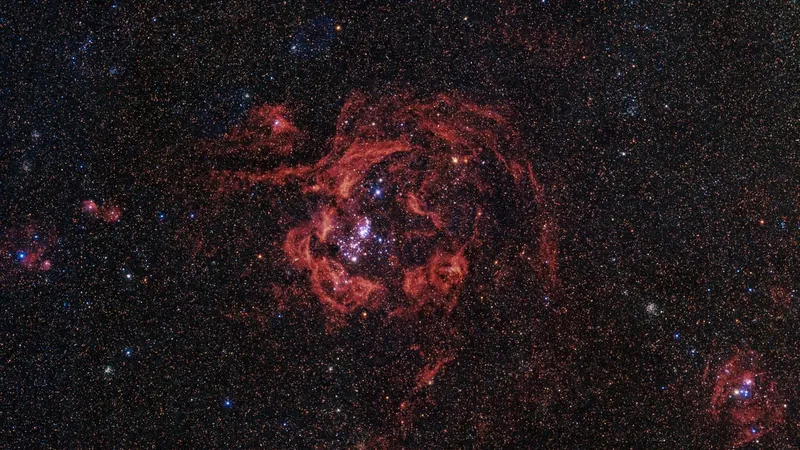
Happy 135th Birthday to Dr. Edwin Hubble: The Astronomer Who Changed Our View of the Universe!
2024-11-20
Author: Sophie
Introduction
Today marks the 135th birthday of Dr. Edwin Powell Hubble, the renowned astronomer whose groundbreaking work laid the foundation for our modern understanding of the cosmos and inspired the Hubble Space Telescope that bears his name. Born on November 20, 1889, Hubble made revolutionary discoveries in the 1920s, including the existence of countless galaxies beyond our own Milky Way, which fundamentally reshaped our perception of the universe and our place within it. He passed away in 1959 at the age of 63, but his legacy endures through the monumental advances in astronomy that followed.
Hubble's Journey Begins
Hubble's journey into the world of astronomy began in 1919, just after the publication of Albert Einstein's theory of general relativity. This groundbreaking theory ushered in a new era of astronomical thought, and Hubble was fortunate to join the prestigious Mount Wilson Observatory during this exciting period. Equipped with the powerful 100-inch Hooker telescope, then the largest telescope in the world, Hubble was set to unlock the mysteries of the universe.
A Pivotal Discovery
At the time, the prevailing belief among astronomers was that our galaxy was the entirety of the universe. However, in a pivotal moment in 1923, Hubble turned the Hooker telescope toward the Andromeda Nebula. There, he discovered Cepheid variable stars, a type of star with variable brightness that can be used to measure astronomical distances. This revelation led him to conclude that the Andromeda Nebula was not merely a cluster of nearby stars but rather a separate galaxy entirely—now recognized as the Andromeda Galaxy.
A New Understanding of the Universe
By the close of the 1920s, Hubble had gathered compelling evidence that propelled the scientific community to accept that the Milky Way is just one of countless galaxies in the vast universe—an understanding akin to Darwin's revolutionary insights on evolution.
The Expanding Universe
Arguably Hubble's most remarkable discovery was his analysis of the spectra of 45 galaxies, where he observed that galaxies farther away from each other were moving away faster. This observation provided the first evidence of an expanding universe, indicating a dynamic cosmos rather than a static one.
The Hubble Space Telescope
Fast forward to 1990, when the Hubble Space Telescope was launched, continuing Hubble's remarkable legacy. This space-bound observatory has transformed our understanding of the universe by delving deeper into cosmic phenomena. Noteworthy discoveries include the awe-inspiring Pillars of Creation captured in 1995, showcasing massive clouds of gas and dust where new stars are born. More recently, Hubble has identified unusual galaxies and has vividly documented the transformative phases of nebulae influenced by emerging stars.
Conclusion
Dr. Edwin Hubble's contributions to science transcend his lifetime, inspiring generations of astronomers and deepening our understanding of the universe's complexities. As we celebrate his 135th birthday, we continue to marvel at the cosmos he helped reveal, reminding us of the endless wonders waiting to be discovered.

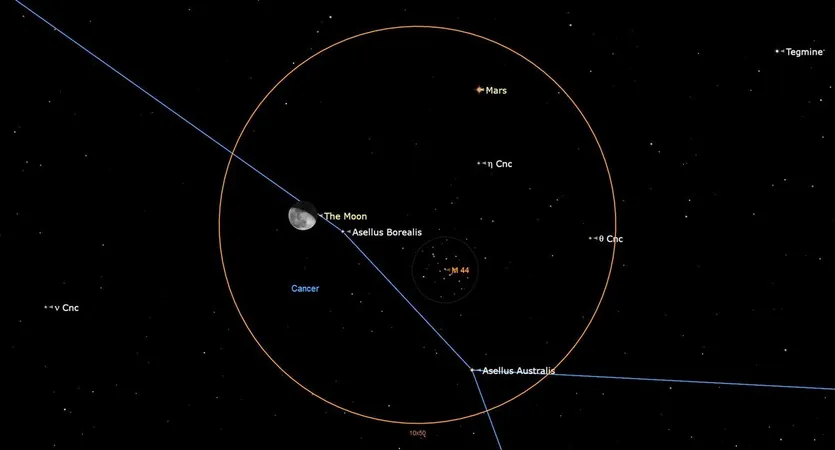



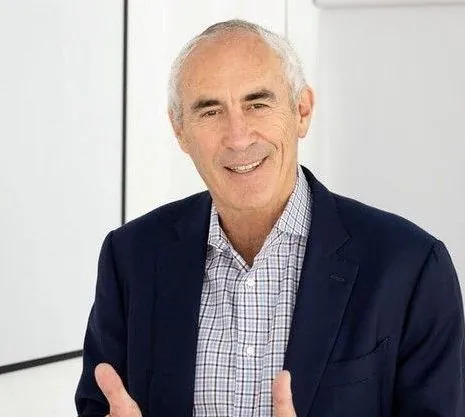

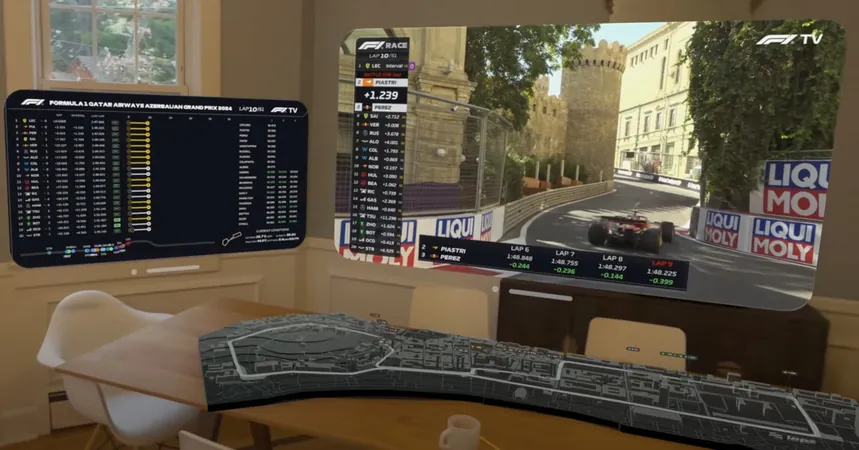
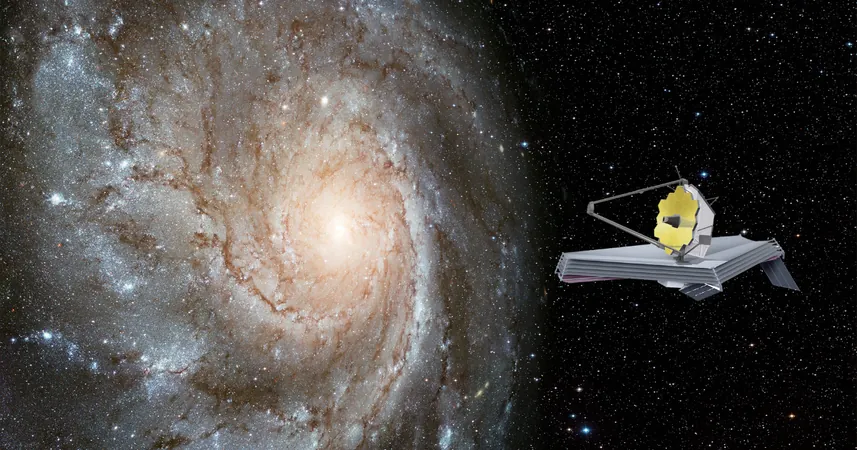
 Brasil (PT)
Brasil (PT)
 Canada (EN)
Canada (EN)
 Chile (ES)
Chile (ES)
 España (ES)
España (ES)
 France (FR)
France (FR)
 Hong Kong (EN)
Hong Kong (EN)
 Italia (IT)
Italia (IT)
 日本 (JA)
日本 (JA)
 Magyarország (HU)
Magyarország (HU)
 Norge (NO)
Norge (NO)
 Polska (PL)
Polska (PL)
 Schweiz (DE)
Schweiz (DE)
 Singapore (EN)
Singapore (EN)
 Sverige (SV)
Sverige (SV)
 Suomi (FI)
Suomi (FI)
 Türkiye (TR)
Türkiye (TR)